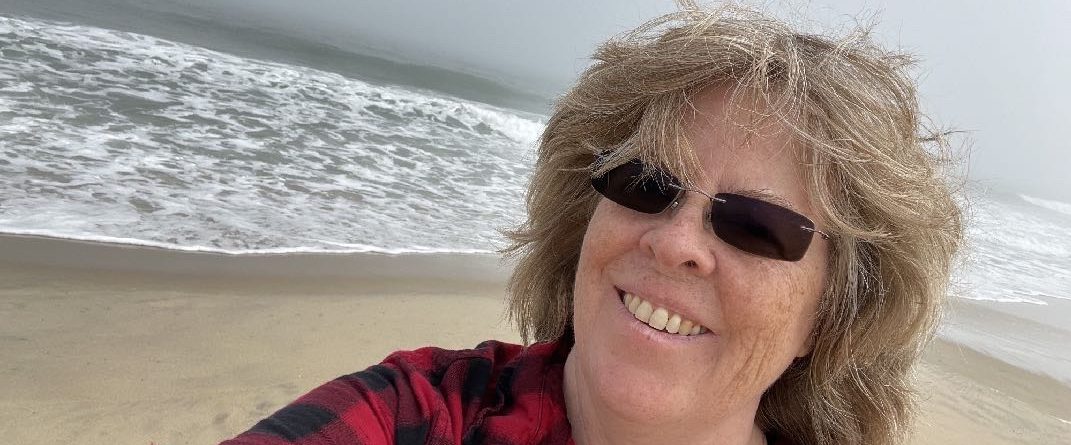How Could Shane Learn Emotions If He Couldn’t Process What He Saw?
Even though I spent the majority of the last 20 years focusing wholeheartedly on being a parent, sometimes I miss things. Like I missed it when Dylan changed from “trying so hard” to “utterly self-defeated” in middle school. And I missed it when Shane had OCD.
Now, it’s happened again: Shane has Alexithymia.
I had never heard of Alexithymia, so I feel justified that I couldn’t have known about it. At the same time, sometimes I would get so frustrated with him and wonder, how could he not know I’m frustrated? And he would really, really not know I was frustrated.
Alexithymia is an inability to identify emotions – both one’s own emotions, and the emotions of others. Alexithymia explains why Shane doesn’t respond to nonverbal communication cues. It explains why he doesn’t know, when it is painfully obvious to those around him, when a girl has a crush on him. And it explains why Shane didn’t recognize attempts to bully him in middle school.
Alexithymia is not really a disorder; it’s more of a characteristic. He doesn’t put much emphasis on emotions, because he doesn’t “use” them, and his personality reflects that.
No one knows why Alexithymia exists or how it starts, or why. But almost immediately after hearing that Shane had this odd new thing, I had a rapid-fire reaction: How could Shane learn emotions if he couldn’t process what he saw?
Because of his vision processing disorder, which wasn’t identified until he was six, Shane didn’t look at faces. He didn’t look me in the eye at six months old, when he was supposed to be identifying subtle cues about my face. He didn’t look at me when he was a toddler, to see my reaction when he was testing his boundaries. He didn’t look at the teacher in kindergarten, asking questions while he rolled around on the floor.
In fact, Shane didn’t look at anyone for years.
So when I was researching Alexithymia – this strange new term mentioned repeatedly by Shane’s OCD therapist – I looked first to Wikipedia and saw this:
The first language of an infant is nonverbal facial expressions. The parent’s emotional state is important for determining how any child might develop. Neglect or indifference to varying changes in a child’s facial expressions without proper feedback can promote an invalidation of the facial expressions manifested by the child.
And I thought, Wait, that’s backwards! There was no neglect or indifference to his facial expressions. I noticed when his lips curled down just before he cried, and when his eyes flashed with excitement just before he laughed.
But he got zero feedback from me about my emotions – so he had no idea when I felt empathy or joy. And nothing proved that I saw him, that I noticed him, that I knew what he was feeling. He got no feedback because he couldn’t focus on my face long enough to determine the tiny nuances of nonverbal communication. And I didn’t know that I needed to be explaining more, because he was nearly incapable of learning unless it was auditory.
I didn’t know he had a vision processing disorder until well after he should have developed the ability to identify emotions. And there was no way for anyone else to know, either. We were lucky we found out as early as we did.
So now I feel guilty because I spent 15 years researching ADHD and not one minute asking my toddler if he was okay, or making sure I verbally explained “joy” and “angst” and “anticipation.” Did we even sing, If You’re Happy And You Know It? I don’t know. Maybe we should have sung it every day.
Would that even have helped? Somehow, I am sure, I just should have done more.

Thank you, Glenn! I am just getting back to the blog now, and you’re right. I do tend to beat myself up over everything that’s out of my control! I really appreciate your support.
I never heard of Alexithymia. But with a quick google search, I learned that it is a “newly classified disorder,” and “not much research,” and occurs in 10% of the population. It’s good that you discovered this, but don’t be too hard on yourself for not knowing sooner.